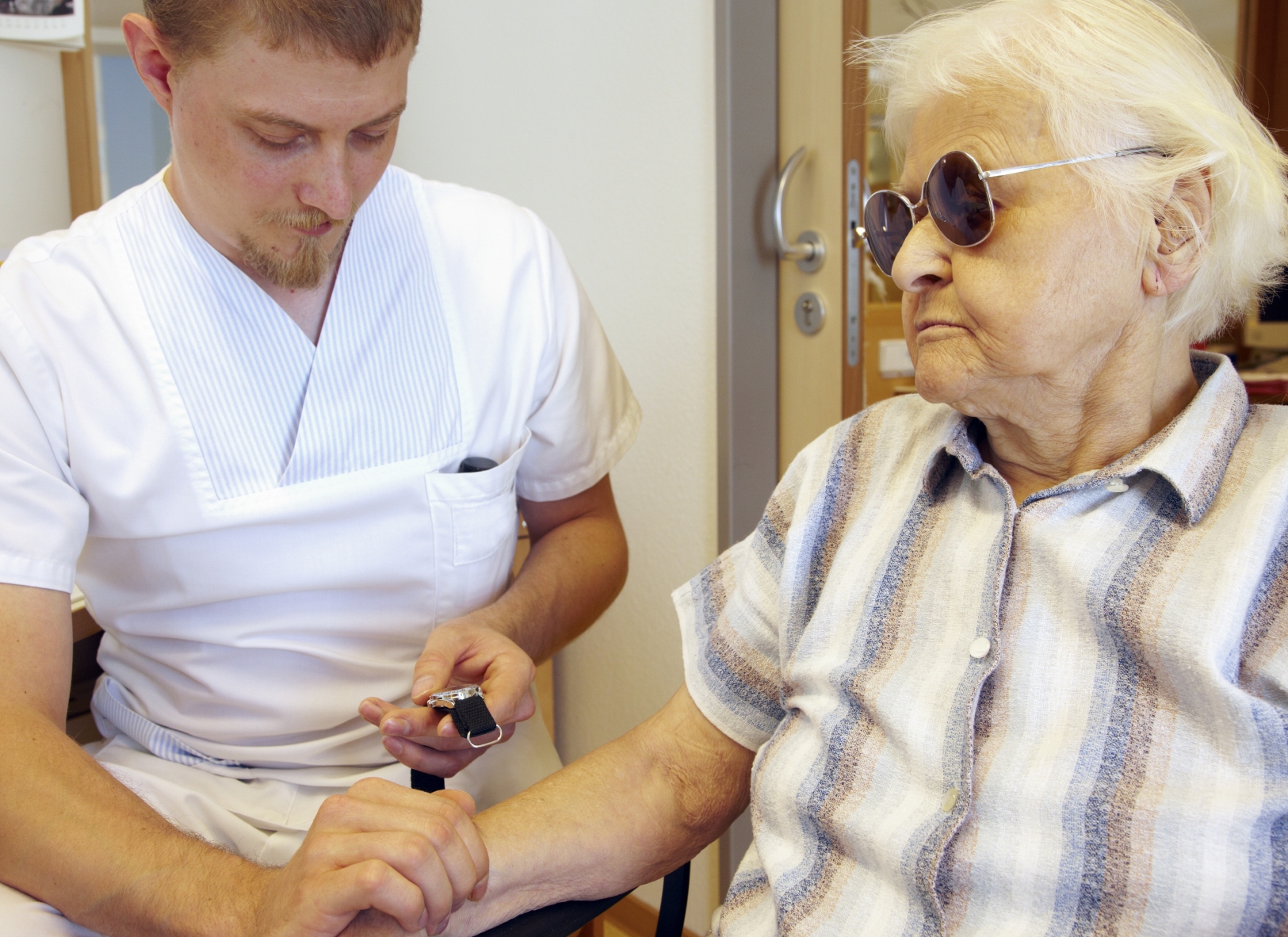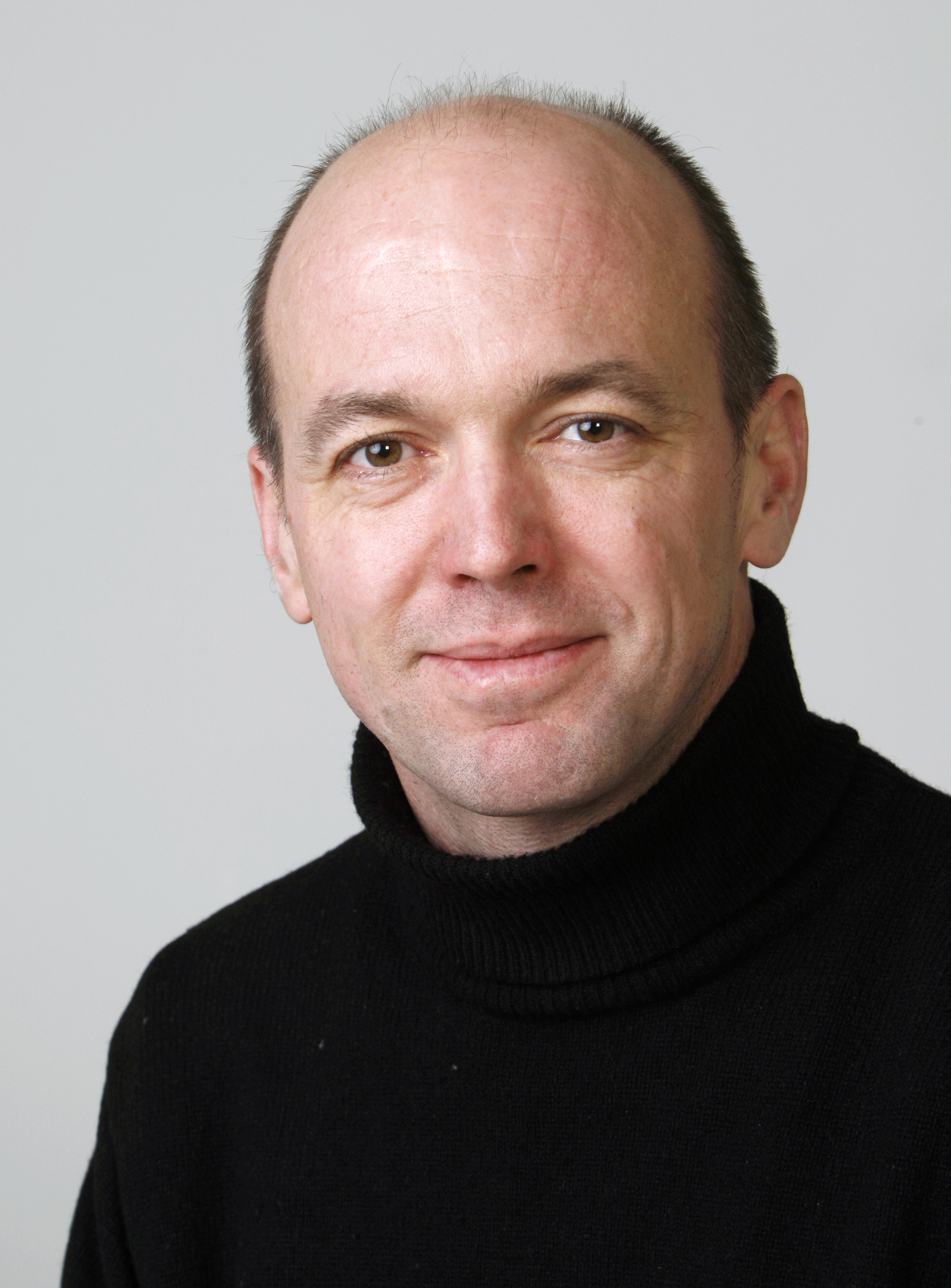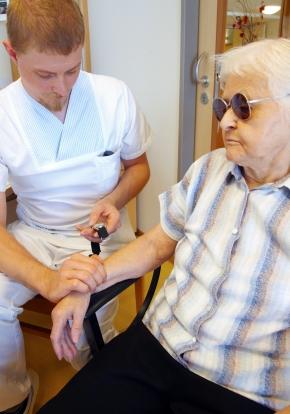No gender points for male nursing students
In March, the Norwegian Nurses Organisation voiced its support for giving gender points to men who want to become nurses. Now the Ministry of Education and Research has given its response: There are no plans at this time to introduce such a measure.

“Norway is on the bottom rung in Europe when it comes to the percentage of male nurses. Only Denmark has fewer than we do. Gender points will not solve the problem of the lack of men in the health and social care services, but it will be a step in the right direction,” said Bård Nylund, student leader in the Norwegian Nurses Organisation (NNO), to the Norwegian newspaper Dagsavisen on 15 March of this year.
On behalf of the NNO, he proposed that male applicants to nursing studies be given extra gender points. The proposal has received support from various quarters, including the Equality and Anti-discrimination Ombud.
However, it now seems that it may take some time before Nylund is heard. In a letter of 9 June to the NNO, the Ministry of Education and Research wrote that there are currently no specific proposals for introducing additional points for men to pursue nursing studies.
Kyrre Lekve, State Secretary at the Ministry of Education and Research, emphasizes that the ministry is not opposed in principle to granting additional points to the underrepresented gender for admission to nursing programmes, but that this must be done in connection with other measures.
“We have an extremely gender-segregated labour market in Norway, and we want to address that. But experience shows that the use of gender points has a short-term effect. Consequently, we believe that this measure must be viewed in connection with other measures in order to increase the percentage of the underrepresented gender in certain study programmes,” he says.
Reference to the Coordination Reform
According to Lekve, any introduction of gender points for men who apply to nursing studies should be viewed in connection with the Coordination Reform being implemented by the Ministry of Health and Care Services. The reform is intended to bring about comprehensive changes in the health sector and may lead to changes in the study programmes as well.
“What kind of measures might this entail?”
“For example, one possibility is to consider using gender points in connection with a separate recruitment campaign to increase the percentage of male applicants to nursing programmes. But so far there are no specific plans for measures in this area,” says Lekve.
“The biggest problem with the low percentage of men in nursing programmes is not the applicants’ marks, but rather the men’s interest in the field itself. We need more men who become so interested in the field that they actually apply to study nursing.”
Short-term effect

Lekve points to the experience with using gender points in admissions to the veterinary medicine and veterinary nursing programmes at the Norwegian School of Veterinary Science. These are the only study programmes in Norway that grant additional points to men.
After gender points were introduced, the percentage of men admitted to veterinary medicine rose from 7.1 percent in 2003 to 31.7 in 2004. In 2009, the percentage of men admitted decreased to 10.3 percent. In veterinary nursing, which is the other study programme in Norway that gives gender points to men, the measure has had little or no effect on admissions.
“The gender points had an immediate effect and increased the percentage of men admitted to studies in the initial years, but the increase in men to the programme did not last long. If we look at the applicant statistics for the veterinary school, the percentage of male applicants decreased to 7.2 percent in 2010. Of course, we still need to look at the number of men admitted to see whether the effect of additional points has diminished completely,” says Lekve.
Women to the districts
According to a simulation conducted by the Norwegian Universities and Colleges Admission Service (NUCAS), 80 to 110 more men would have been granted admission to nursing studies in 2009 if men had been given two gender points. Nonetheless, Lekve is unsure of the long-term effect of such a measure.
“As the case of the veterinary school shows, it is difficult to say whether giving two additional points to men who apply for nursing studies would significantly impact the applicant pool. At the same time, we know that the admission requirements for these programmes are much lower than for studies at the veterinary school and that there is large variation among the institutions.”
“At 10 of the institutions offering nursing programmes, all of the qualified applicants were admitted in 2009. It is usually easier to be admitted in the outlying districts than in the large cities. On the other end of the scale we have institutions in Oslo and Trondheim, where the point limits approached 50 points of the ordinary quota. If we prioritize men by giving them additional points, we easily risk pushing women out to the districts,” he says.
Headed in the right direction
In an article in Dagsavisen on 16 November 2009, Minister of Higher Education and Research Tora Aasland stated that the use of gender points has had a positive impact on the percentage of women enrolled in civil engineering programmes at the Norwegian University of Science and Technology (NTNU). Except for this case, Kyrre Lekve does not have an overview of the effect of the gender points that are currently given to women in certain fields of study (see the fact box). He points out, however, that the number of women who apply to mathematics, natural science and technology – disciplines in which gender points are not usually given – has risen in recent years. Women comprised slightly over half of the applicants to these disciplines in 2010.
“Even without gender points, we are headed in the right direction,” he says.
He explains that the ministry will now look at the effect of using gender points in admissions to the various educational institutions.
“We are planning a review of the comments and notes to the regulations that govern admission to higher education. In this connection, of course, we will also look at the provisions on additional points for the underrepresented gender,” says Lekve.
Translated by Connie Stultz.
With a legal basis in the regulations governing admission to higher education, the Ministry of Education and Research may decide that for certain study programmes one or two additional points will be granted to applicants of the gender that is clearly underrepresented among students and professionals in the field in question.
The Ministry of Education and Research establishes the point rules on the basis of applications from the individual educational institutions. Two points are given to female applicants in the following fields of study (139 individual study programmes):
- two- and three-year engineering programmes (except for chemistry)
- Maritime studies at the university-college level
- Agricultural studies at public university colleges
- Integrated master’s-level studies in informatics (five-year programme) at the University of Oslo
- Integrated master’s-level studies (civil engineering) at the Norwegian University of Science and Technology (NTNU) in Trondheim (except for chemistry, biotechnology and industrial design)
Two points are granted to male applicants to two study programmes: veterinary medicine and veterinary nursing at the Norwegian School of Veterinary Science.
Source: Norwegian Universities and Colleges Admission Service (NUCAS)
This spring Sweden eliminated the provision in the Higher Education Ordinance that permitted the use of preferential treatment on the basis of gender for admissions to higher education. In Norway, some study programmes practice preferential treatment by granting additional points to the underrepresented gender, and there have been no proposals to eliminate this practice. Instead, it has been proposed that the scheme be expanded to include more subject areas where men are vastly underrepresented in the study body.
The student leader for the Norwegian Nurses Organisation (NNO), Bård Nylund, has proposed that a scheme be launched to give two gender points to men who apply for nursing studies. In 2010, 12 percent of the applicants to nursing programmes were men, while the comparable figure in 2009 was 11.6 percent.
